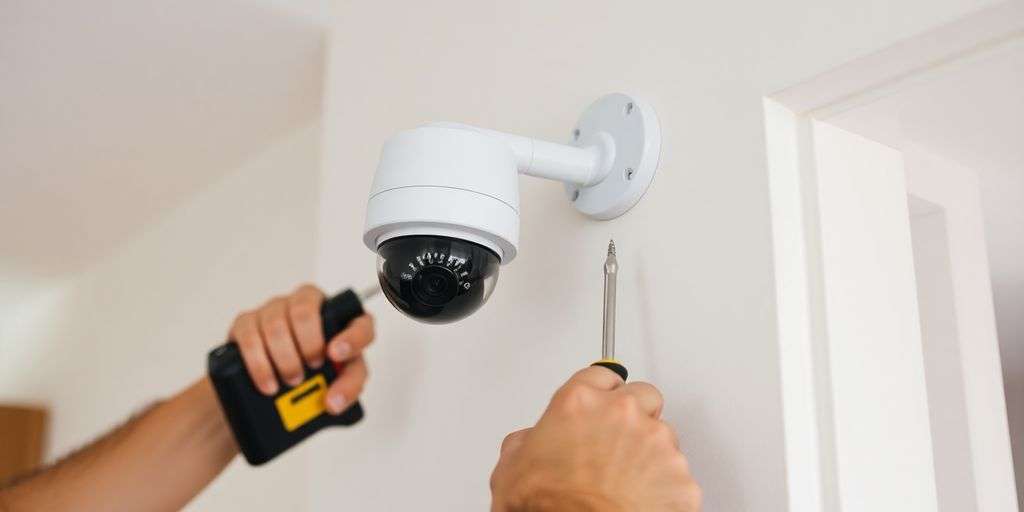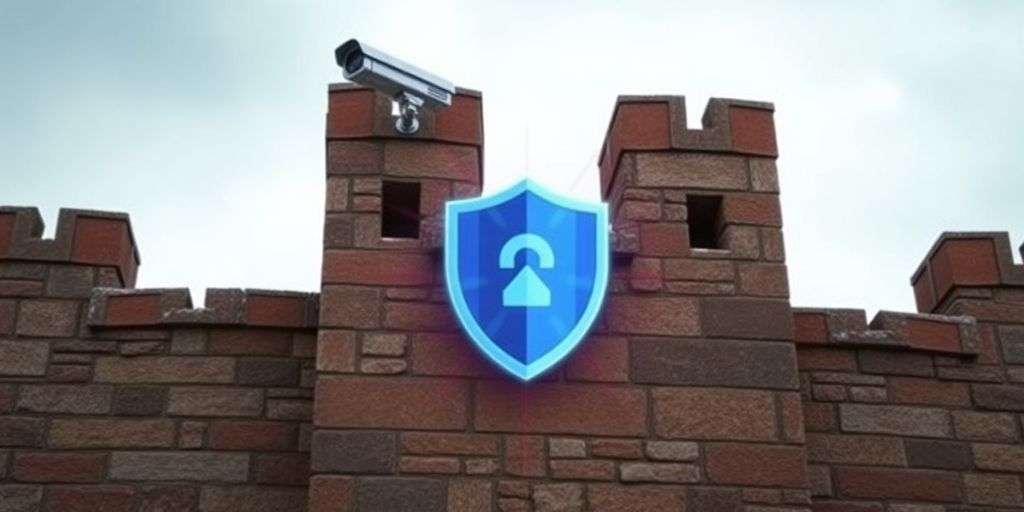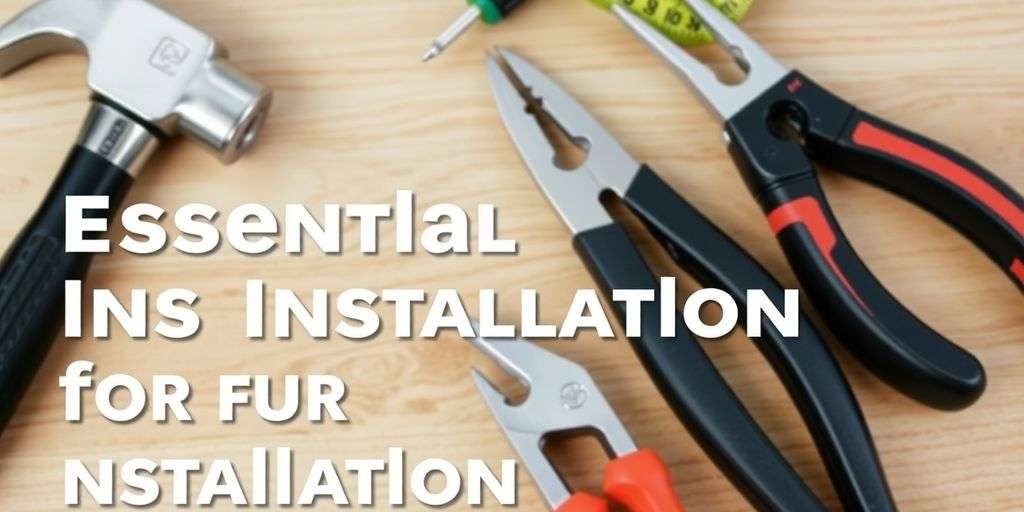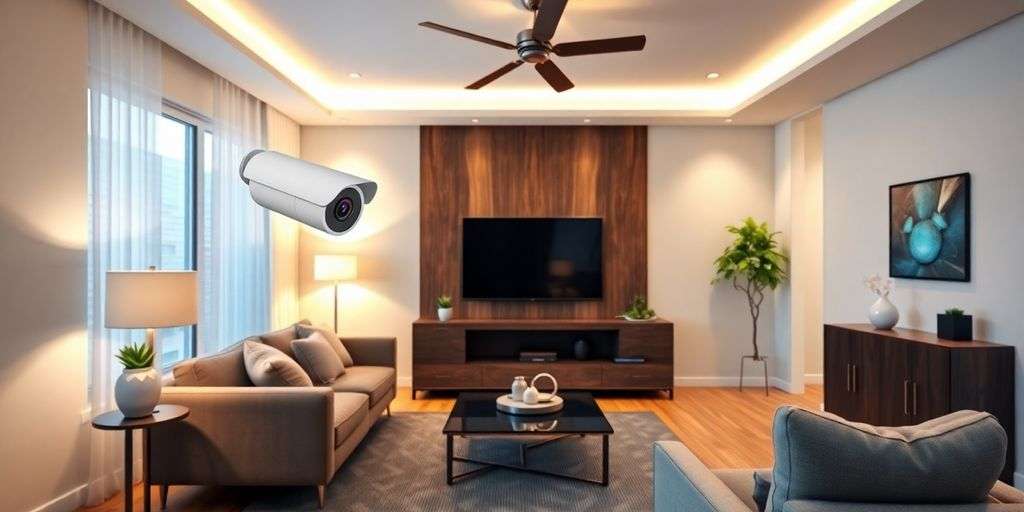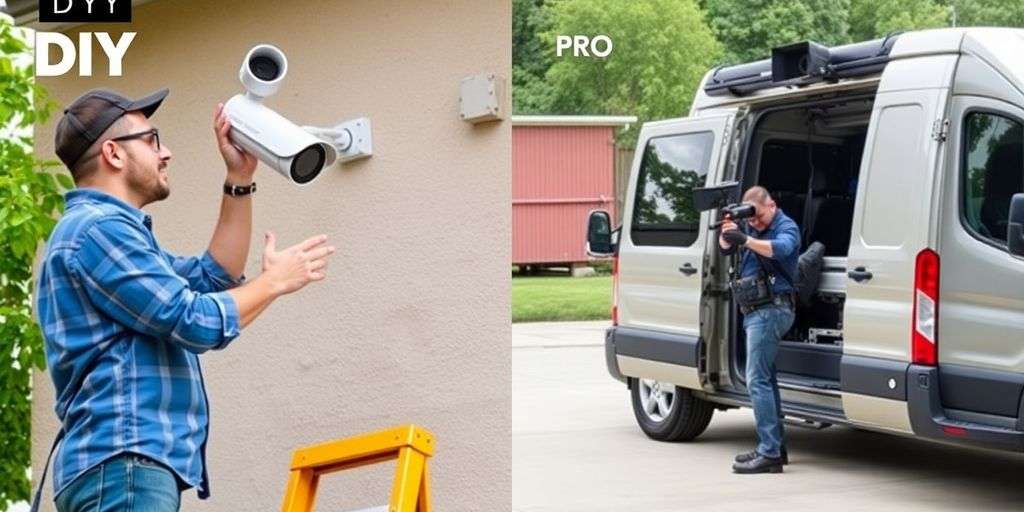Advantages and Disadvantages of DIY CCTV Installation

Cost Savings and Customisation
One of the most appealing aspects of DIY CCTV installation is the potential for significant cost savings. By opting to install the system yourself, you can avoid the expenses associated with hiring professional technicians. Additionally, you have the freedom to customise your setup according to your specific needs, allowing for a tailored approach to security.
Potential Technical Challenges
While many DIY systems are designed to be user-friendly, there can still be technical challenges involved. Issues may arise during the configuration of network settings or when dealing with more complex wired systems. This can lead to frustration for those who are not particularly tech-savvy.
Time and Effort Involved
Installing a CCTV system yourself can be time-consuming. It often requires careful planning and execution, especially if you are unfamiliar with the technology. You may find yourself spending more time than anticipated, which can be a drawback for those with busy schedules.
Access to Professional Help
Although DIY installation offers many benefits, it is important to consider that you may not have immediate access to professional help if something goes wrong. This can be a significant disadvantage, especially if you encounter issues that you are unable to resolve on your own. In such cases, you might need to seek assistance from experts, which could negate some of the cost savings you initially achieved.
In summary, while DIY CCTV installation can be a rewarding experience, it is essential to weigh the advantages against the potential drawbacks to make an informed decision.
Essential Tips for a Successful DIY CCTV Installation
Reading Instructions Thoroughly
Before starting your DIY CCTV installation, it is crucial to read all instructions carefully. This ensures that you understand the setup process and can avoid common mistakes. Taking notes can help you remember important steps.
Ensuring Proper Wiring
Proper wiring is essential for the functionality of your CCTV system. Make sure to:
- Double-check all connections before powering up the system.
- Use the correct cables for your setup to avoid any electrical issues.
- Keep wires tidy to prevent tripping hazards.
Testing Cameras Individually
Before connecting all cameras together, it is wise to test each one individually. This allows you to:
- Confirm that each camera is functioning correctly.
- Adjust angles and positions as needed.
- Identify any issues early on, saving time in the long run.
Seeking Assistance When Needed
If you encounter difficulties during installation, do not hesitate to seek help. You might consider:
- Asking a knowledgeable friend or family member for assistance.
- Consulting online forums or videos for guidance.
- Hiring a professional for specific tasks, especially electrical work.
Remember, a successful installation not only enhances security but also provides peace of mind. Taking the time to follow these tips can make a significant difference in the outcome of your DIY project.
Safety Considerations for DIY CCTV Systems
When setting up a CCTV system on your own, it is crucial to keep safety in mind. Here are some important factors to consider:
Electrical Safety
- Handle all electrical components with care. If you are not confident in your electrical skills, it is wise to consult a qualified electrician.
- Ensure that all wiring is properly insulated to prevent any hazards.
- Always turn off the power supply before starting any installation work.
Ladder Safety
- When installing cameras at height, use a sturdy ladder. Make sure it is placed on a flat, stable surface.
- Avoid overreaching while on the ladder; instead, reposition it as needed.
- Consider having someone hold the ladder for added stability.
Proper Camera Placement
- Choose locations that provide a clear view of the area you want to monitor.
- Avoid placing cameras in spots that are too high or difficult to access for maintenance.
- Ensure that cameras are not obstructed by trees, buildings, or other objects.
Remember, taking the time to ensure safety during installation can prevent accidents and ensure your CCTV system functions effectively.
Choosing the Right CCTV System for Your Needs
When selecting a CCTV system, it is essential to consider your specific requirements to ensure optimal security. Choosing the right system can significantly enhance your safety and peace of mind. Here are some key factors to consider:
Indoor vs Outdoor Cameras
- Indoor Cameras: Designed for use inside buildings, these cameras are typically less robust and may not have weatherproof features.
- Outdoor Cameras: Built to withstand various weather conditions, these cameras often come with additional features like night vision and motion detection.
Wired vs Wireless Systems
- Wired Systems: Generally more reliable, wired systems can provide a stable connection but may require more installation effort.
- Wireless Systems: Easier to install and more flexible in terms of placement, but they may be susceptible to interference.
Night Vision Capabilities
- Infrared Night Vision: Allows for clear images in low-light conditions, making it ideal for night-time surveillance.
- Colour Night Vision: Provides colour images in low light, offering more detail than traditional infrared systems.
Plug-and-Play Options
- Ease of Installation: These systems are designed for quick setup, often requiring minimal technical skills.
- User-Friendly Interfaces: Many plug-and-play systems come with intuitive apps for easy monitoring.
Selecting the right CCTV system is crucial for effective surveillance. Take the time to assess your needs and choose a system that fits your lifestyle and security requirements.
Final Thoughts on DIY CCTV Installation
In conclusion, setting up your own CCTV system can be a rewarding experience. It not only saves you money but also gives you the freedom to design your security setup just the way you want it. However, it’s important to weigh the pros and cons before diving in. If you feel confident and prepared, go ahead and give it a try! Just remember to follow safety guidelines and local laws. If you run into trouble, don’t hesitate to ask for help. Ultimately, the goal is to create a safe environment for you and your loved ones.
Frequently Asked Questions
Can I really install CCTV cameras by myself?
Yes, you can install CCTV cameras on your own. Many systems are designed for easy setup, making it possible for anyone to do it with a bit of guidance.
What are the main benefits of DIY CCTV installation?
The biggest benefits include saving money and having full control over where you place your cameras. You can also customise the system to suit your needs.
What should I do if I run into problems while installing?
If you face any issues, don’t hesitate to ask a friend for help or look for online tutorials. If it gets too complicated, it might be best to contact a professional.

